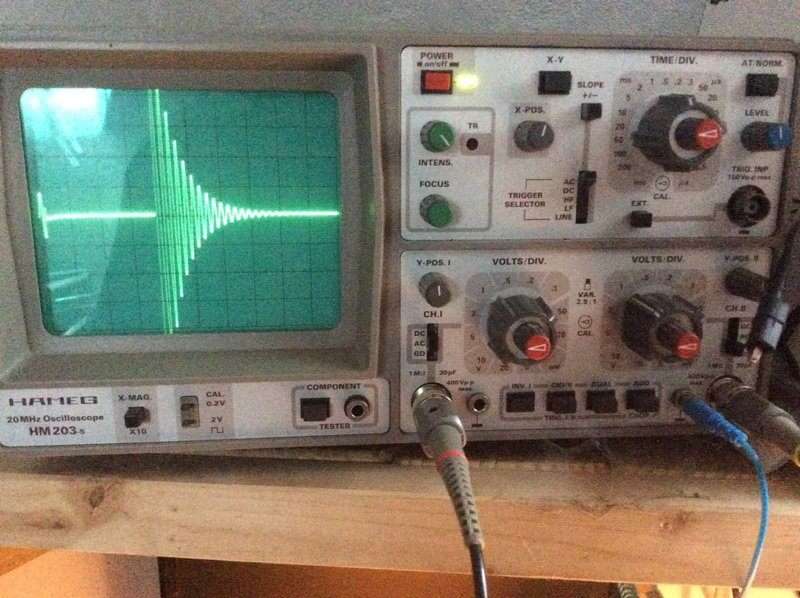Strange electric motorfault.
Strange electric motorfault.
- This topic has 16 replies, 9 voices, and was last updated 3 May 2024 at 21:57 by
Macolm.
Viewing 17 posts - 1 through 17 (of 17 total)
Viewing 17 posts - 1 through 17 (of 17 total)
- Please log in to reply to this topic. Registering is free and easy using the links on the menu at the top of this page.
Latest Replies
Viewing 25 topics - 1 through 25 (of 25 total)
-
- Topic
- Voices
- Last Post
Viewing 25 topics - 1 through 25 (of 25 total)
Latest Issues
Latest Replies
- Using Photographs In CAD?
- James Carson Models
- Engineering in Miniature-Cessation Of Publication
- Tapping Phosphor Bronze balls
- Insert image button
- Clarke Calliper Adjustment
- Building the James Watt micrometer (free plans)
- Challenge: Create an Impossible to Make Object in CAD
- Hello from Hastings, Vic, Aus
- New Clock Maker





